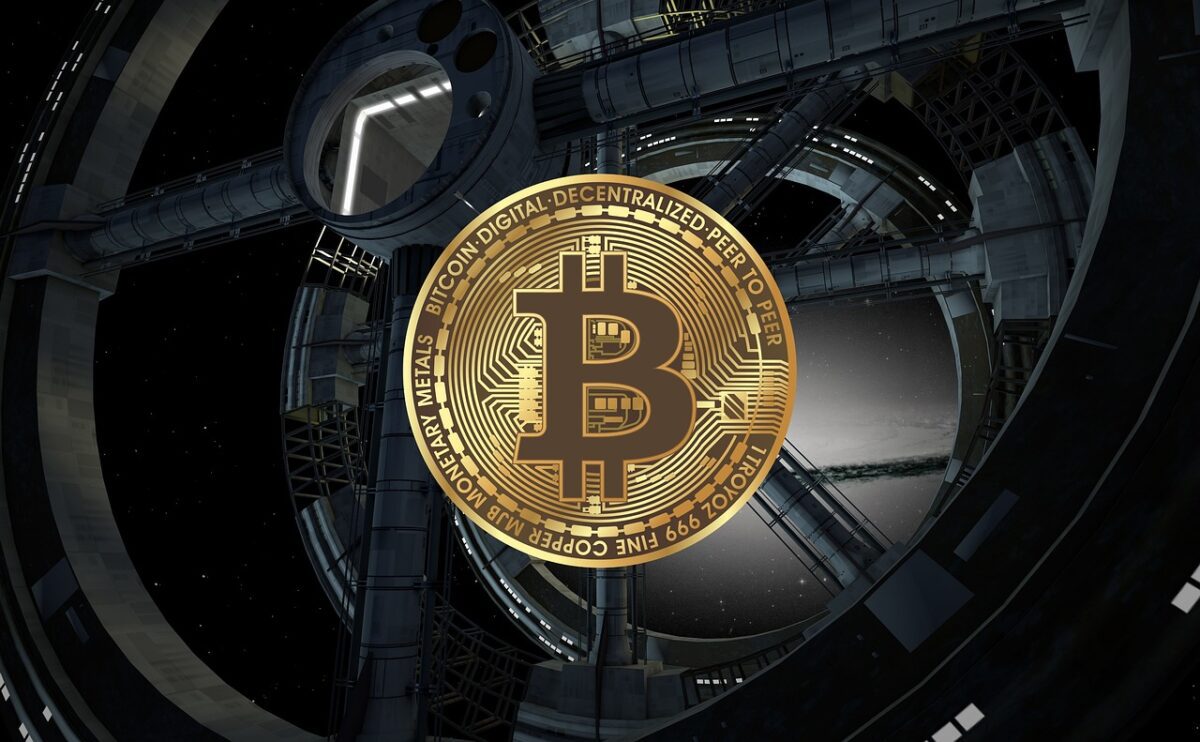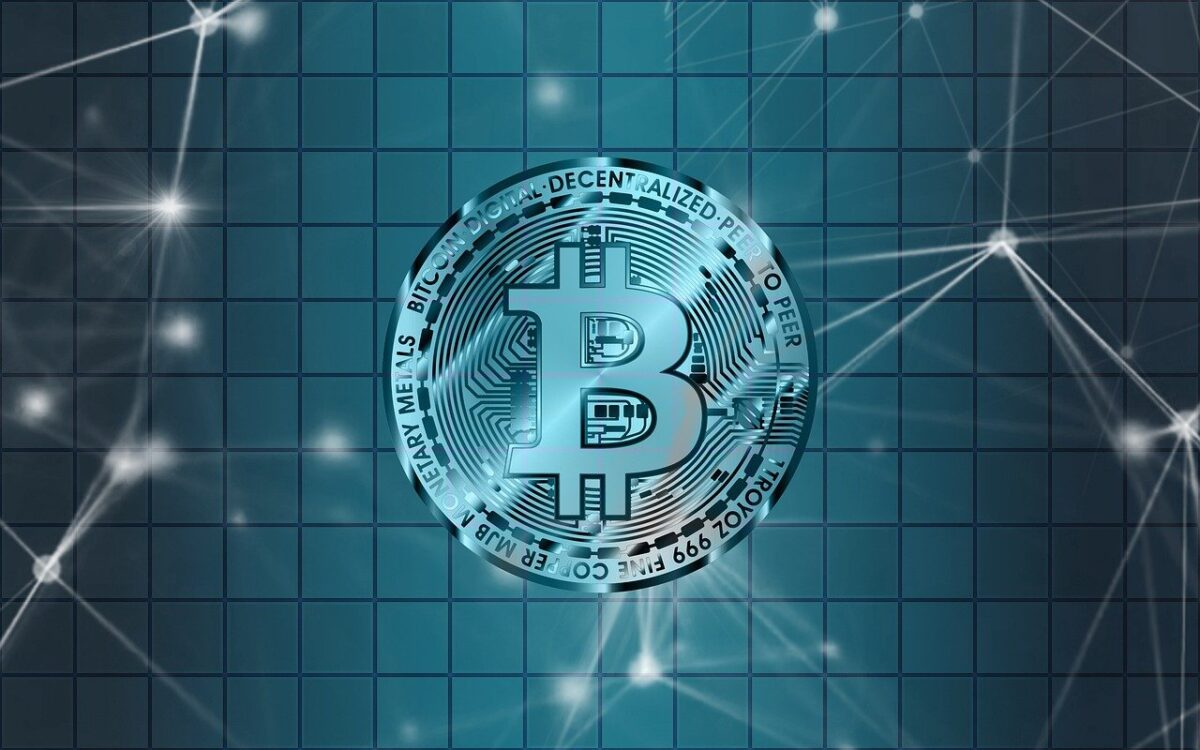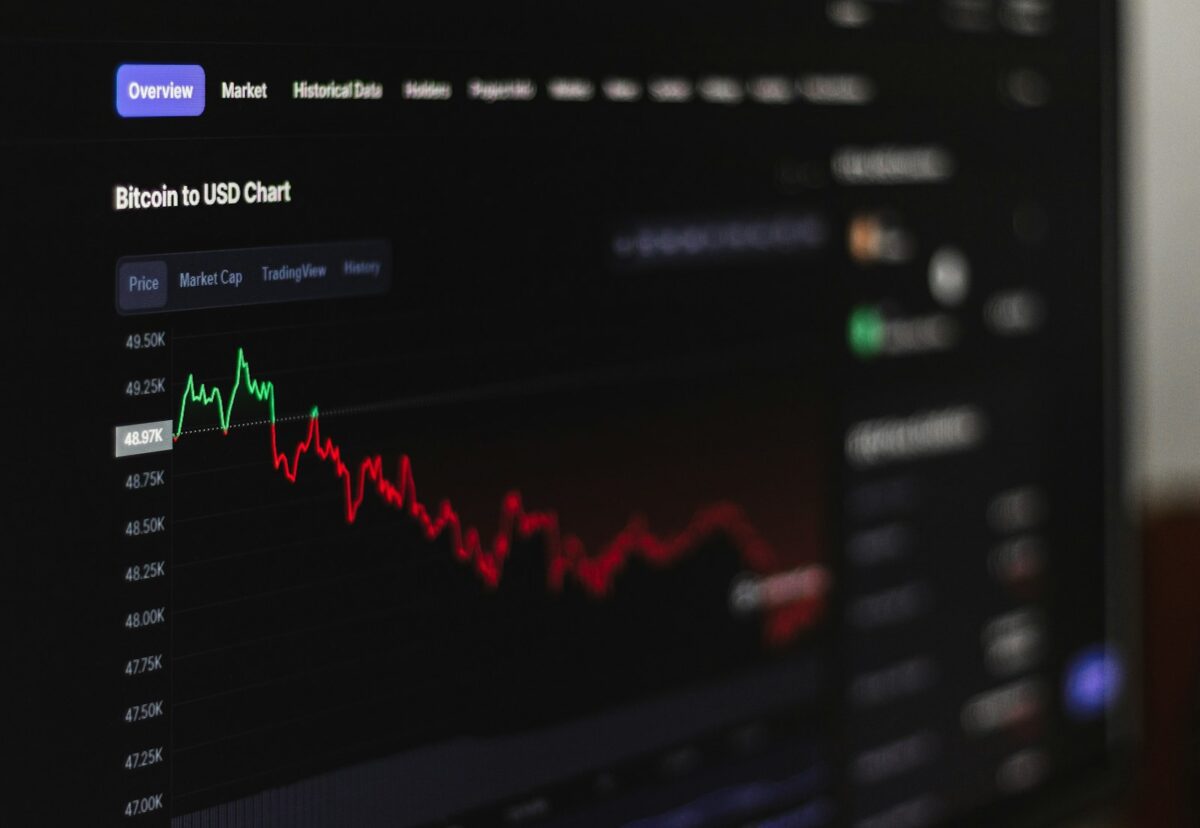
Peer-to-peer crypto buying

Utilizing platforms like LocalBitcoins and Bisq offers reliable avenues for direct exchanges between individuals, ensuring enhanced safety through escrow services. These mechanisms hold funds temporarily, reducing risks associated with trust issues during transactions. When using cash as payment, meeting in a safe, public location further minimizes potential threats while preserving privacy.
Escrow plays a pivotal role in protecting both parties during peer interactions, especially when transactions occur without intermediaries. By locking assets until all conditions are met, it prevents fraud and guarantees that buyers receive their digital tokens only after the seller confirms receipt of payment. This method transforms otherwise risky trades into controlled, verifiable exchanges.
Choosing between well-established platforms such as LocalBitcoins or decentralized options like Bisq depends on desired levels of anonymity and control. While LocalBitcoins provides a marketplace with user ratings and support, Bisq operates without central servers, offering increased resistance to censorship. Both facilitate P2P operations but differ in user experience and regulatory exposure.
Peer-to-peer crypto buying
To acquire cryptocurrency through decentralized networks, prioritize platforms that implement escrow mechanisms to secure transactions between participants. This approach minimizes risks by holding funds until both parties confirm fulfillment of trade terms, ensuring safety without intermediaries. Platforms like Bisq and LocalBitcoins exemplify this model, offering direct exchanges where buyers and sellers interact via encrypted channels.
Cashing out or funding purchases with physical money remains feasible within these systems, especially when using the cash-based options supported on some local markets. However, rigorous identity verification and reputation scoring are critical to reduce fraud exposure in face-to-face encounters or bank transfer trades integrated into peer-driven environments.
Understanding Direct Trade Protocols and Escrow Systems
The fundamental advantage of direct trade lies in removing centralized control, yet this amplifies the necessity for robust escrow contracts that function autonomously on blockchain or trusted third-party nodes. For instance, Bisq’s multisignature wallets distribute control across buyer, seller, and an arbitrator to disburse funds only upon consensus. This mechanism mitigates counterparty risk while maintaining user sovereignty over assets.
Sovereignty-preserving exchanges, such as LocalBitcoins, complement escrow by integrating reputation metrics based on historical transaction data and dispute resolutions. Such data-driven trust models facilitate informed decision-making during negotiations and encourage accountability among users trading with cash or banking instruments directly.
Selecting Platforms: Case Studies of Bisq and LocalBitcoins
- Bisq: Operates as a decentralized application requiring no personal information disclosure; it supports multiple payment methods including SEPA transfers and cash deposits. Its open-source escrow protocol enables transparent fund management governed by network consensus.
- LocalBitcoins: Functions as a hybrid platform combining centralized listing with peer-managed trades. It emphasizes user feedback scores to establish credibility while providing optional escrow services. Cash trades conducted locally benefit from instantaneous settlement but require heightened vigilance regarding counterparty identity.
The choice depends on preferences for privacy versus convenience; Bisq favors anonymity with slightly slower confirmation times due to decentralized arbitration, whereas LocalBitcoins offers faster matching but demands more trust in counterparties’ reputations.
Tactical Steps for Secure Engagement in P2P Crypto Marketplaces
- Create accounts cautiously: Use pseudonymous profiles where applicable; avoid sharing unnecessary personal details during initial communications.
- Analyze trade terms: Review payment windows, cancellation policies, and fees embedded within each offer carefully before acceptance.
- Employ escrow tools consistently: Never finalize a transaction outside the platform’s secured channels to prevent scams.
- Start with small amounts: Conduct initial test trades to build confidence in counterparties’ behavior and system reliability.
- Maintain updated software versions: Ensuring your wallet and client applications incorporate latest security patches reduces vulnerability vectors.
The Role of Payment Methods Including Cash Transfers
The integration of cash payments enhances accessibility but introduces complexity regarding verification speed and fraud detection. In-person exchanges allow immediate physical transfer but lack automated dispute resolution unless backed by platform-specific escrow guarantees. Alternatively, bank wire transfers provide traceability yet extend settlement periods that might increase exposure duration to potential default events.
A nuanced understanding of each payment method’s trade-offs informs strategic decisions about liquidity management within peer-managed markets. Combining automated multisignature escrow protocols with offline asset movements represents an emerging frontier enabling frictionless yet secure settlements beyond traditional financial infrastructures.
Towards Experimental Exploration: Building Confidence through Incremental Engagements
The iterative process of engaging with p2p marketplaces resembles scientific experimentation–hypotheses about counterparty trustworthiness can be tested incrementally through controlled transactions under escalating stakes. Observing reaction times during disputes or responsiveness in communication channels yields empirical data enhancing predictive judgments about future interactions.
This experiential learning framework empowers participants to refine methodologies for risk assessment grounded in actual user behavior patterns rather than abstract assurances alone. By treating each trade as a discrete experiment validated through outcome observation, market actors collectively contribute to evolving standards optimizing security without compromising decentralization principles inherent in direct exchange architectures.
Choosing a Reliable P2P Platform
Selecting a trustworthy marketplace for direct asset exchange requires careful analysis of escrow mechanisms and transaction transparency. Platforms like Bisq implement decentralized escrow to safeguard funds until both parties fulfill agreed conditions, minimizing risk in person-to-person trades. Prioritizing services with robust escrow protocols ensures that cash or electronic payments are held securely, preventing fraud during the transfer process.
Safety during face-to-face meetings remains a significant concern when conducting transactions involving cash settlements. Platforms that encourage meeting in public or monitored locations contribute to reducing personal risk. Moreover, verification processes integrated within certain networks enhance trustworthiness by confirming user identities and trade history, which can be cross-referenced before initiating exchanges.
Key Features for Evaluating P2P Networks
- Escrow Security: Critical to prevent loss of assets; automated release upon confirmation protects both parties.
- User Reputation Systems: Ratings based on previous interactions help identify reliable traders and flag suspicious behavior.
- Payment Method Diversity: Offering multiple options including cash, bank transfers, or digital wallets increases accessibility and convenience.
- Privacy Protocols: Encryption of communication channels safeguards sensitive data exchanged during negotiations.
The open-source architecture of platforms such as Bisq offers transparency through publicly auditable codebases. This contributes to community-driven security audits and continuous improvements without centralized control points vulnerable to exploitation. Studying Bisq’s model provides insights into how decentralization combined with peer validation can elevate trust in asset swapping environments.
An experimental approach for assessing platform reliability involves simulated trades under controlled conditions, monitoring the escrow release timing, dispute resolution efficiency, and user interface clarity. For instance, testing the responsiveness of support teams and verifying the accuracy of real-time market data feeds reveals operational strengths or weaknesses hidden beneath surface features. Such empirical investigations empower users to make informed choices tailored to their risk tolerance and transactional preferences.
The multifaceted evaluation combining technical specifications with practical trade simulations leads to greater confidence in selecting an appropriate venue for exchanging assets directly between individuals. Encouraging experimental scrutiny invites users to investigate beyond surface claims and understand underlying blockchain-enabled safeguards designed precisely to mitigate risks inherent in peer exchanges involving physical currency and personal meetings.
Setting Up Secure Payment Methods
Utilizing an escrow service is the most reliable approach to ensure safety during decentralized asset exchanges. Escrow acts as a neutral third party holding funds until all conditions of the transaction are met, significantly reducing risks associated with fraud or default. Platforms like LocalBitcoins integrate escrow functionality directly within their environment, allowing users to transact with confidence without surrendering control prematurely.
A direct exchange involving cash or face-to-face meetings can increase trust but also introduces logistical and security challenges. When opting for in-person settlements, it is advisable to select public, well-monitored locations and verify counterpart identities thoroughly. Such measures mitigate physical risks while preserving privacy, especially important in scenarios where participants prefer to avoid leaving extensive digital trails.
Technical Considerations and Best Practices
The protocol design behind many P2P marketplaces emphasizes secure fund custody and transparent dispute resolution mechanisms. For instance, escrow workflows typically involve multi-signature wallets or time-locked contracts that prevent unilateral withdrawal before compliance verification. These cryptographic safeguards align incentives properly, ensuring both parties complete their obligations prior to asset release.
Cash transactions remain prevalent in direct trades but require additional precautions due to their irreversible nature. Employing stepwise payments or partial deposits held in escrow can create layered security even when dealing with physical currency. Experimental case studies reveal that combining escrow technology with offline confirmations reduces chargeback incidents by over 40%, exemplifying how hybrid models enhance overall transactional integrity within decentralized buying networks.
Verifying Buyer and Seller Identities in Direct Cryptocurrency Transactions
Ensuring the authenticity of participants in direct transactions significantly enhances safety and trustworthiness when exchanging digital assets. Verification methods must combine technical rigor with practical accessibility, especially when handling cash or other offline payment forms. Platforms like LocalBitcoins implement multi-layered identity checks, including government-issued ID uploads and live selfies, reducing risks of fraud and chargebacks.
In decentralized networks such as Bisq, identity verification relies less on centralized authority and more on reputation scores built through repeated interactions. Here, cryptographic proofs and signed messages serve to establish participant legitimacy without compromising privacy. This approach aligns well with peer-to-peer trading principles while maintaining transactional security.
Technical Mechanisms for Identity Confirmation
Direct exchanges benefit from escrow services that hold funds until both parties confirm completion of agreed terms. Escrow mechanisms act as intermediaries safeguarding against potential default by either side, but they function optimally only if participants are verifiably genuine. Combining escrow with Know Your Customer (KYC) procedures–such as validating phone numbers, email addresses, or biometric data–adds layers of protection.
- KYC Integration: Verifying official IDs through automated or manual review prevents impersonation.
- Reputation Systems: Peer feedback scores discourage malicious behavior by incentivizing honesty.
- Multi-factor Authentication: Enhances account security to prevent unauthorized access during trades.
The balance between privacy and verification presents challenges; overbearing KYC can deter users valuing anonymity, while insufficient checks increase vulnerability to scams. Thus, platforms often adopt tiered verification levels tailored to trade size or payment method risk profiles.
An instructive case involves LocalBitcoins’ evolution after increased regulatory pressure: initially allowing pseudonymous trades with minimal oversight, it later mandated stricter KYC protocols for cash-based deals exceeding specific thresholds. This shift reduced fraudulent disputes dramatically but also narrowed user participation among privacy-conscious traders.
Conversely, Bisq’s model prioritizes decentralization at the cost of more complex dispute resolution processes. Its protocol uses multisignature wallets combined with arbitrator intervention only upon explicit contestation. Traders verify identities through encrypted communication channels before releasing funds from escrow, integrating human judgment with cryptographic assurances to maintain safety without central control.
Placing and Managing Orders Safely in P2P Cryptocurrency Transactions
To ensure safety during direct transactions on platforms like LocalBitcoins, it is imperative to use escrow services rigorously. Escrow acts as a neutral intermediary holding funds until both parties confirm the transaction terms are met, effectively minimizing risks associated with fraud or payment disputes. When placing an order, verify the counterparty’s trade history and reputation scores, which provide objective data on their reliability. Avoid accepting trades from users lacking verifiable feedback or with inconsistent transaction records.
Managing orders involves continuous monitoring of communication channels within the platform to detect any irregularities promptly. Use only the built-in messaging systems for all correspondence to maintain transparent records in case of disputes. While local cash meetings may be preferred by some for immediacy, they introduce physical security concerns; therefore, choose public, well-monitored locations and consider bringing a trusted third party when transacting outside digital platforms.
Technical Strategies for Enhancing Transaction Security
When initiating trades through peer-to-peer protocols, leverage multi-factor authentication (MFA) and encrypted communication tools to safeguard account access and sensitive information. Platforms similar to LocalBitcoins implement integrated escrow mechanisms that automatically release funds upon confirmation of payment receipt. This technical safeguard prevents premature fund release and reduces exposure to fraudulent actors.
A practical approach involves setting strict parameters within your order placement interface: specify acceptable payment methods–favoring traceable ones–and establish clear timeframes for completing transactions. For example, restricting orders to bank transfers or digital wallets instead of cash can mitigate risks inherent in untraceable payments during face-to-face meetings. Additionally, consider partial payments held in escrow for large-volume trades to reduce potential losses.
Case studies indicate that traders who actively update their open orders based on market volatility achieve higher success rates while maintaining security. Automated notifications about order status changes enable timely cancellations or modifications if suspicious activity emerges. Maintaining discipline in managing multiple concurrent offers strengthens control over asset flows without compromising safety protocols inherent in decentralized marketplaces.
Conclusion: Enhancing Security in Direct P2P Transactions
Prioritizing escrow services remains the most effective approach to minimize fraud risks during decentralized asset exchanges. Platforms like Bisq and LocalBitcoins demonstrate how integrating multi-signature escrow mechanisms can significantly reduce counterparty risk by ensuring that funds are securely held until mutually confirmed conditions are met.
Face-to-face meetings, while traditionally viewed as a trust-building measure, present unique vulnerabilities that require stringent verification protocols. Employing cryptographic identity proofs and utilizing platform-based reputation systems can substantially enhance safety without compromising convenience. The evolution of decentralized identification solutions promises future improvements in user authentication for direct trades.
Technical Insights and Future Directions
- Escrow Automation: Smart contract-driven escrows on decentralized marketplaces eliminate reliance on intermediaries, reducing human error and collusion potential during transactions.
- Reputation Algorithms: Advanced behavioral analytics integrated into p2p platforms can detect anomalous patterns indicative of scam attempts, enhancing preemptive safeguards.
- Privacy-Preserving Protocols: Zero-knowledge proofs and confidential transaction frameworks will enable secure verification of counterparties’ legitimacy without exposing sensitive data during negotiations or settlement phases.
- Cross-Platform Interoperability: Seamless interaction between networks like Bisq and LocalBitcoins could foster a resilient ecosystem where users benefit from diversified liquidity sources with uniform security standards.
The trajectory toward fully trust-minimized exchanges necessitates continuous experimental assessment of escrow designs, user verification methods, and dispute resolution workflows. By analyzing real-world transaction data and feedback loops within peer markets, researchers can iteratively refine these mechanisms to achieve higher safety thresholds. This approach ensures that participants engaging in decentralized trading maintain confidence while exploring innovative financial interactions beyond traditional centralized infrastructures.


